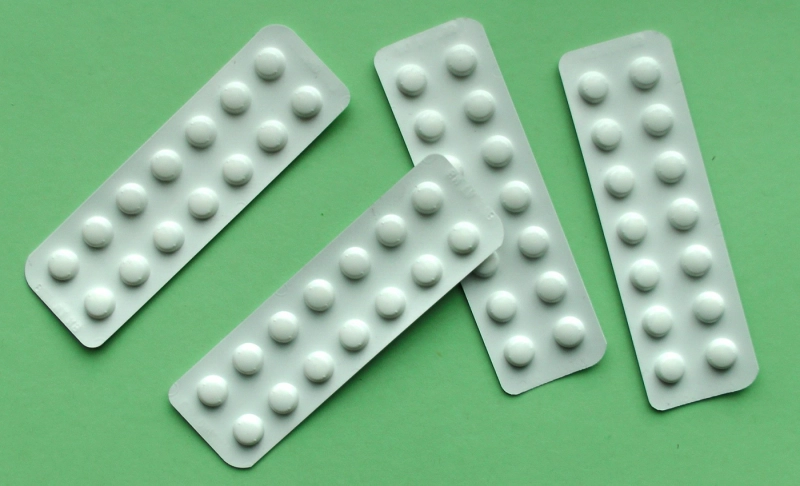By: Francesca Scott
March 17 2022
False: Nurofen ibuprofen tablets contain graphene oxide.

The Verdict False
The coloring agent on Nurofen ibuprofen tablets is actually black iron oxide, a widely used ingredient in medicine, food and cosmetic products.
The coloring agent on Nurofen ibuprofen tablets is actually black iron oxide, a widely used ingredient in medicine, food and cosmetic products.A video circulating on Facebook claims the black lettering on Nurofen ibuprofen tablets contains the ingredient graphene oxide. The video creator conducts an experiment in which Nurofen ibuprofen tablets are dissolved in a glass of water. A magnet is then held to the side of the glass, at which point small black fibers gather at the point of the magnet. The video creator claims these fibers are graphene oxide. These claims are false. Since the dissemination of this video, Reuters reached out to Nurofen's manufacturer, Reckitt Benckiser. A spokesperson for the company informed Reuters that the painkillers contain black iron oxide, a widely-used and heavily-regulated color agent that does not dissolve in water. “The ink does not contain graphene or any similar substances”, they added. The list of ingredients for Nurofen Zavance is publically available. Graphene oxide does not appear on the list of ingredients. However, black iron oxide does, and is listed as one of the components of the ink. Graphene oxide is a compound found in a range of everyday objects including smartphones, bike tires, and electrical equipment. Conspiracy theorists during the COVID-19 pandemic have been claiming that COVID vaccines contain graphene oxide. These claims are false. Black iron oxide is a magnetic substance used in a range of products including pharmaceuticals, food and cosmetics. There is no evidence that black iron oxide is harmful. There is no evidence that Nurofen products contain graphene oxide, and thus we are marking this claim as false.


